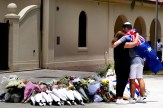Women journalists are fighting to overcome the ‘macho dynamics’ of US newsrooms
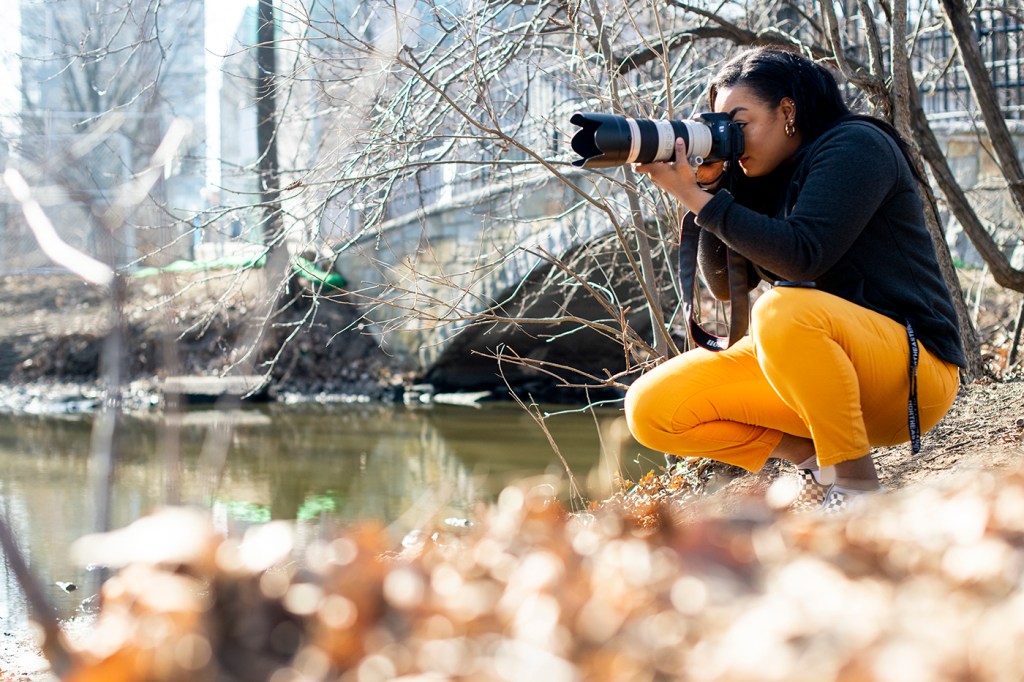
Over the span of her university education, Lex Weaver has experienced both ends of her passion for journalism. She has been inspired. And as a Black woman who identifies as queer, she has also been worried.
“My first semester in journalism school [in 2019] was really rough for me, because that’s when reality hit—where is my place?” says Weaver, a graduate journalism student at Northeastern. “To this day, I still question is there a space for someone that looks like me, that has the lived experiences that I do? That’s something that I ask all the time.”
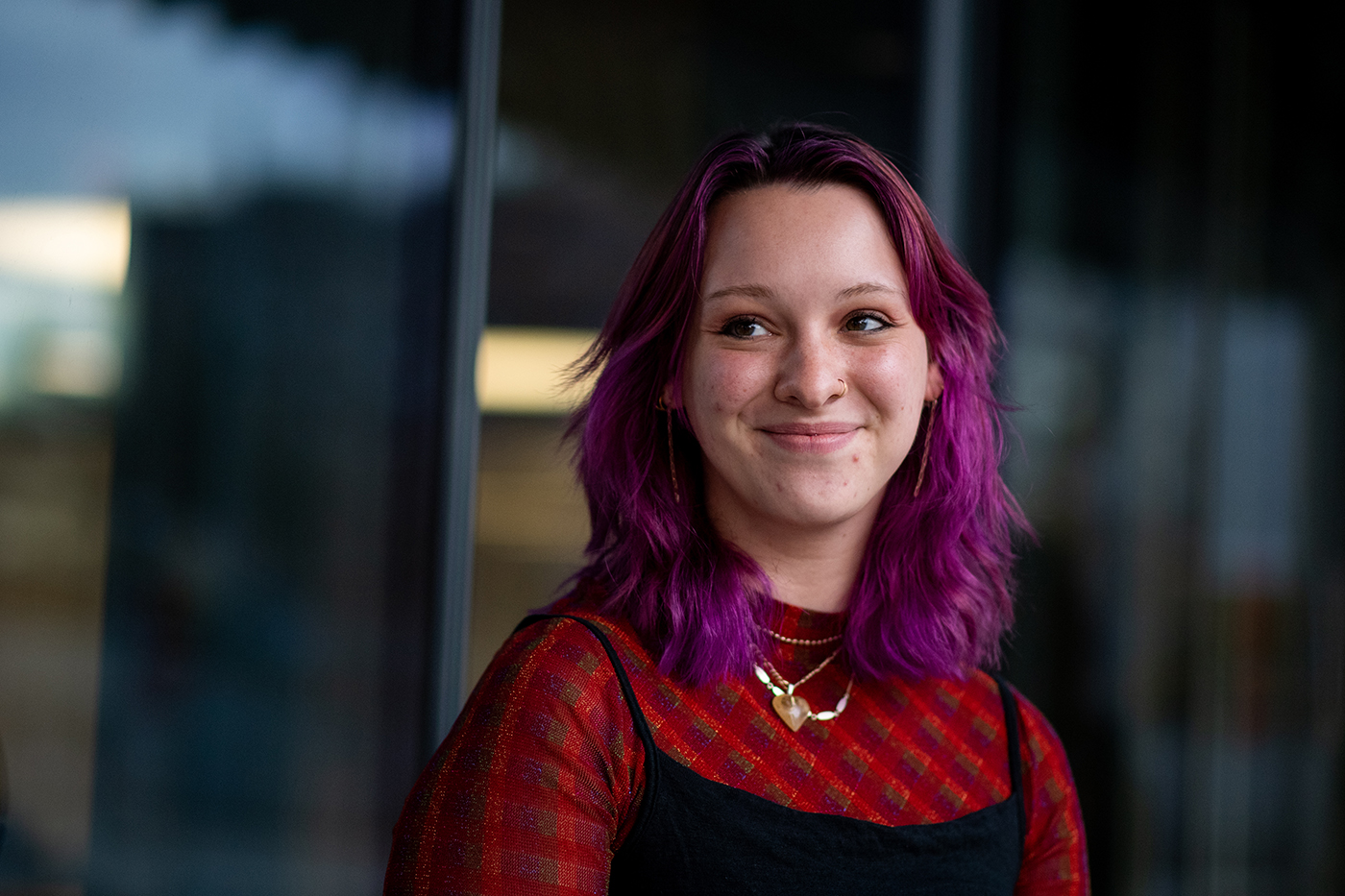
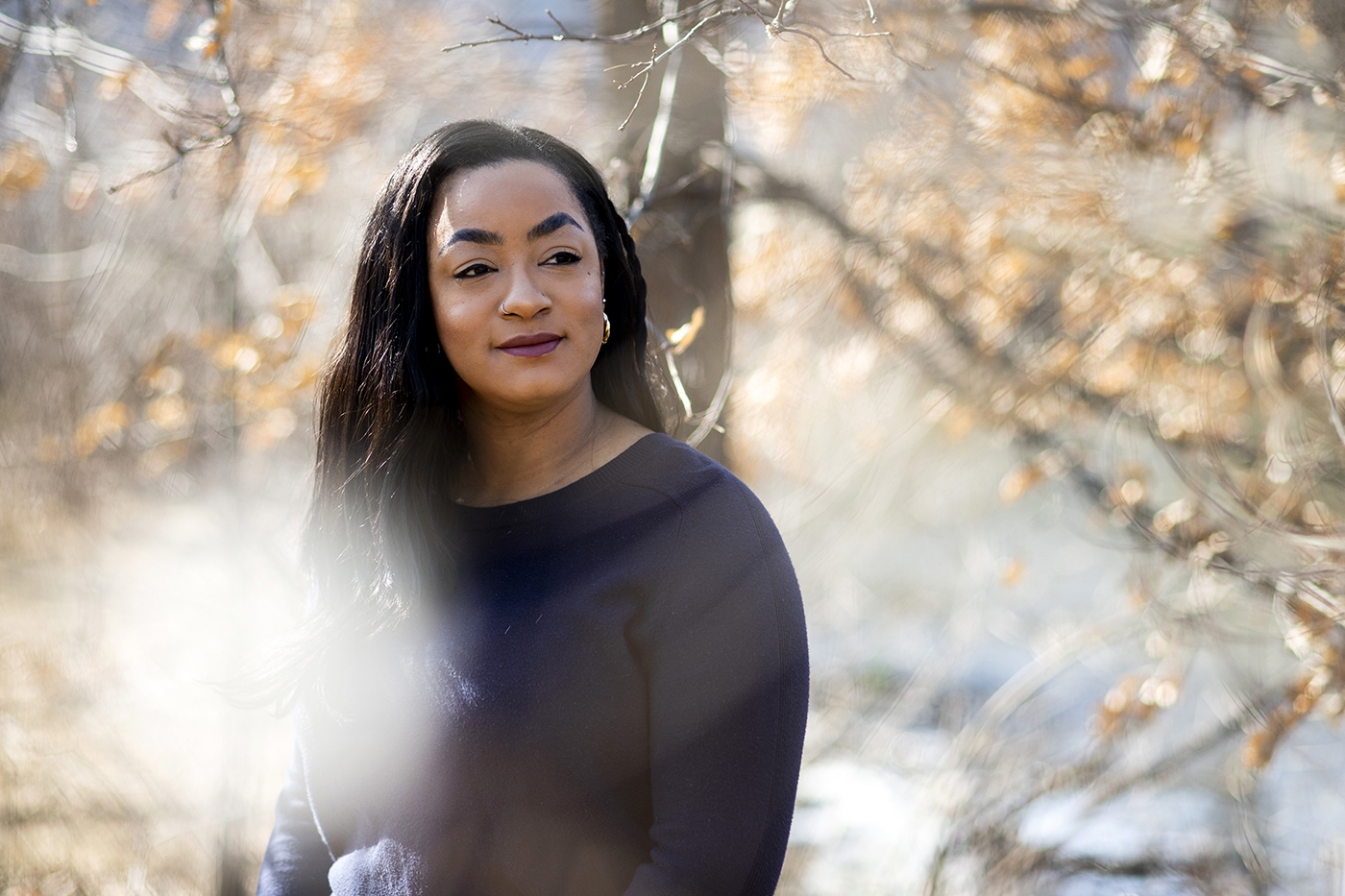
In this time of enormous social change, women journalists are pushing for equity and inclusion for everyone in the industry, including non-binary people. A resolution of those issues is by no means assured, says Meg Heckman, an assistant professor of journalism at Northeastern, who last fall taught a course that explored gender disparities in the news media that have had negative consequences for society as a whole.
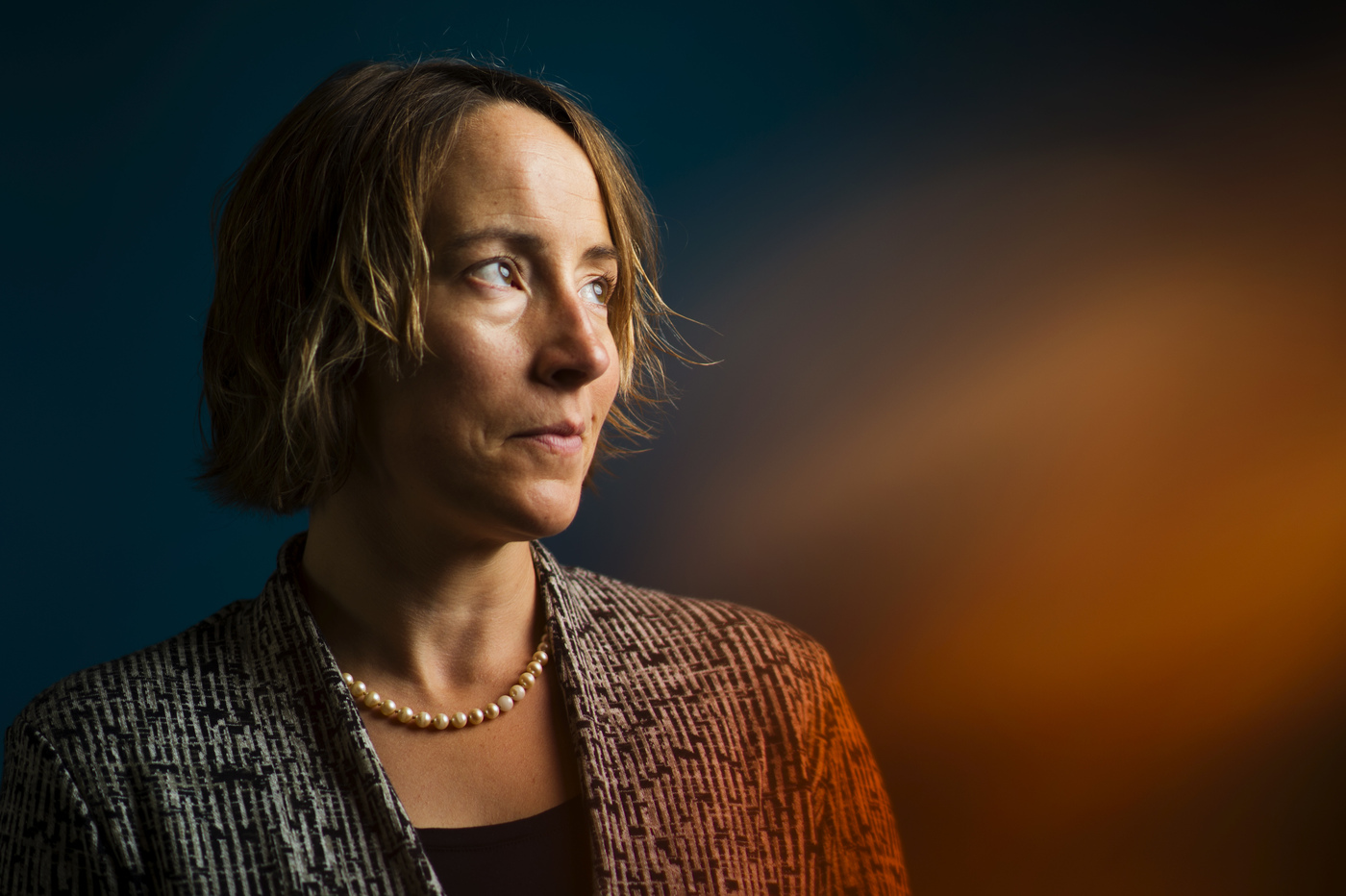
Meg Heckman, assistant professor of journalism. Photo by Adam Glanzman/Northeastern University
“The general rule of thumb—and this has remained largely unchanged since the early 1980s—is that women are roughly two-thirds of the graduates in journalism and mass communications, but only one-third of practicing journalists,” says Heckman. “Particularly in recent years, women have entered the profession at similar or higher rates than men, but then have left almost immediately.
“It’s no mystery why that’s happening,” Heckman says. “You’re dealing with sexual harassment, you find out you’re getting paid less than your male colleagues, you don’t have any role models that look like you.”
Weaver and other Northeastern journalism students say they’ve benefited from “Gender in the Newsroom,” which Heckman adapted from classes taught by feminist professors at other universities. It provided a forum that put the students’ own obstacles and concerns into historical perspective, offering them support in an industry that has been dominated by white males.
“My least favorite part of teaching this class was sometimes having to temper expectations for what these [women] students were going to face,” says Heckman, a journalist whose work focuses on the intersection of gender, technology, and journalism. “I wanted to give them some practical tips for navigating the macho dynamics that are at play in far too many newsrooms.”
When Alison Booth started working for her high school newspaper in Shawnee, Kansas, she didn’t imagine herself becoming a journalist.
“I never thought it was something that I could really break into,” says Booth, a third-year student in journalism and interaction design at Northeastern. “I wasn’t your typical journalist; I wasn’t a white man from the Northeast. I was a girl from Kansas, and that’s not really who you see in the journalism sphere right now. Though I think we’re trying to move in that direction.”
As difficult as it can be for women in general to find their way in journalism, Heckman notes that the career path is harder still for women of color and people who identify as non-binary.
“We can’t look at women as a monolith,” Heckman says. “Whenever we talk about women, and women’s place in society, we need to make sure that we are talking about all women.”
At Northeastern, Booth and Weaver credit professors like Heckman and Dan Kennedy with helping them envision their paths in journalism.
For her final project in Heckman’s class, Booth assembled a report showing that data visualizations have tended to neglect non-binary individuals who don’t identify as male or female. The article was published recently by the Poynter Institute, a non-profit that explores journalism’s role in a free society.
“People who don’t identify as male or female have been systematically marginalized,” Booth says. “I’m very aware that it feels ‘politically correct.’ But we need spaces to talk about these things, and that’s only going to come from having more minorities within the newsrooms.”
Weaver has been inspired by the diversity she has found at PBS FRONTLINE, where she has been working while pursuing her master’s.
“I don’t have to think about my race or my appearance,” Weaver says. “It’s just about the work and what I do.”
Weaver came to Northeastern with the dream of earning bylines in The New York Times or The Boston Globe. But recently her focus has shifted to community journalism.
“I find it more fulfilling,” Weaver says. “I am a community minded person, and I want to take the time in building those relationships and getting to know each individual person. I want to be a reporter for the community.”
Weaver fell in love with journalism at a young age. As she began to pursue her vocation, she felt as though an activist’s role was being thrust upon her—that she would have to fight for her place in addition to learning the industry skills. By fighting for herself, she would be fighting for others too.
“Because people know how passionate I am about the Black community, I do sometimes feel like I get boxed-in to just being the Black person who reports on Black people and Black things,” Weaver says. “I genuinely don’t mind, for the most part, but I feel like I want to be known as someone who can get anything done.
“It’s stressful, and I’m not a confrontational person, but I feel like this [journalism] program in general has made me a lot more vocal than I normally am,” Weaver says. “I don’t want to have these feelings and let it eat me up inside to the point where I leave the journalism industry. If I can talk with someone about it and we can work through it and make it better, it’s better not just for me but for people coming that are going to be in my shoes—and that’s more fulfilling than anything.”
For media inquiries, please contact media@northeastern.edu.

